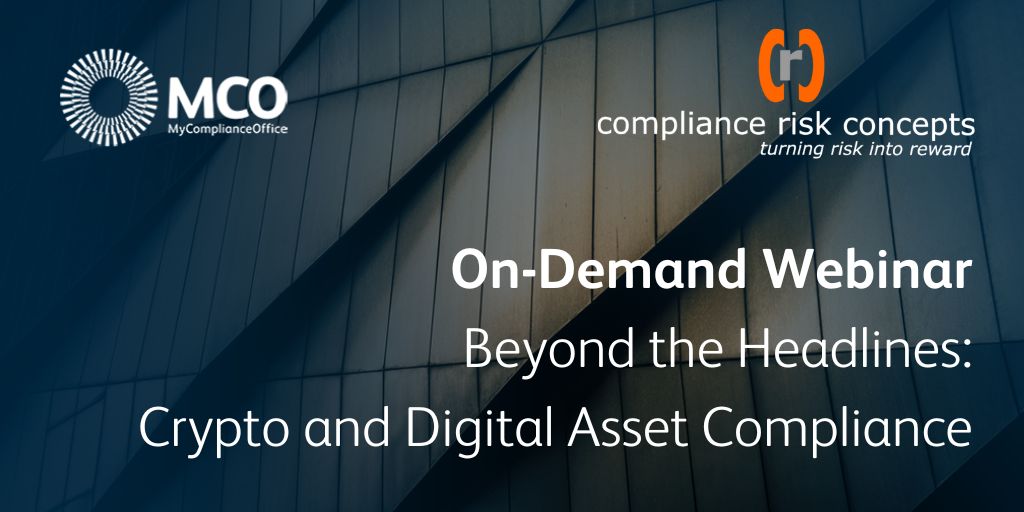With the recent spree of SEC enforcement around the management and preservation of eComms—to the tune of more than $1.5 billion dollars—now is the time for firms to be thinking about best practices for managing digital communications.
- Products
- Solutions
- Compliance Oversight
- Communications Compliance
- Market Abuse Regulation
- FinCEN RIA AML Rule
- Senior Managers Certification Regime
- Conduct Risk
- Control Room Compliance
- Pay-to-Play Compliance
- Conflict of Interest Management
- Crypto Compliance
- Small Firm Compliance
- Corporate Compliance
- Anti-Bribery and Corruption
- Compliance Program Management
- Education Center
- About Us





